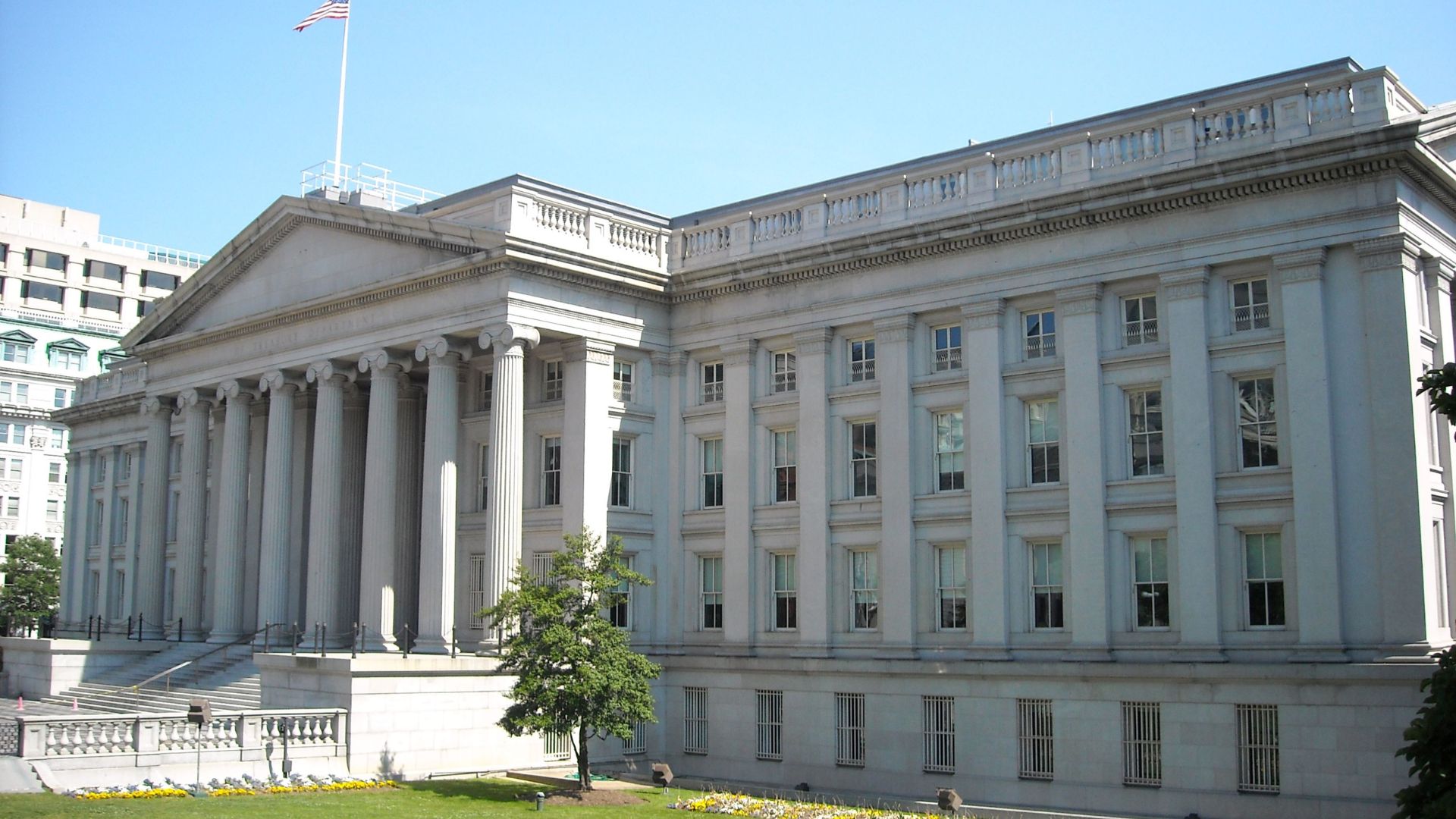The IRS has proposed to end another tax loophole that many wealthy Americans use. By closing up this one loophole alone, the agency has revealed the country could raise more than $50 billion in revenue.
According to the U.S. Treasury Department, these billions of dollars will be raised over a ten-year period.
A Major Tax Loophole the Wealthy Use

The Treasury Department made this announcement this week, explaining that they would finally be able to close up a loophole that many wealthy taxpayers have used in a major way over the years.
This proposed plan would officially put an end to “partnership basis shifting.” This process allows a business or person to move various assets around to related parties — all to avoid actually paying their necessary taxes.
A Shell Game

Over the past few years, the government has looked closer at this practice. Recently, they’ve come to the conclusion that there is no reason this process should exist, as there’s no economic reason for it to persist.
The Deputy Treasury Secretary Wally Adeyemo even said that this process is “really just a shell game.”
Allowing the Wealthy to Not Pay Taxes

Various officials of the Biden administration have claimed that this tax loophole simply allows the wealthy to not have to pay the taxes that they should.
The IRS commissioner, Danny Werfel, stated, “These tax shelters allow wealthy taxpayers to avoid paying what they owe.”
A Change in Policy

This announcement about the end of a tax loophole comes as the IRS continues to make massive changes. Now that the agency has proper funding — for the first time in years — it’s been able to truly look at loopholes and bring them to an end.
Officials specifically pointed to the additional funding they received through the 2022 Inflation Reduction Act, which has allowed more money and energy to be spent on oversight of the practice.
Better Funding

This additional funding has finally allowed the IRS to do much of the work it has been tasked to do, after years of being a severely underfunded agency.
Before this funding came through, the IRS even had to cut back on auditing businesses and wealthy taxpayers, as there wasn’t enough money to accurately do this. As a result of this lack of IRS attention, these wealthy Americans realized they could shift their assets to keep from paying taxes.
A 70% Increase in Asset Shifting

According to the IRS, this asset shifting and subsequent tax loophole has increased over the last almost 20 years.
In 2010, about 174,100 filings included these asset-shifting processes. Meanwhile, by 2019, these filings increased by 70% to 297,400.
Lack of Auditing

Right around these past 20 years, the IRS grew very underfunded — and the auditing of wealthy individuals took a hit.
Therefore, audit rates for these types of businesses dropped from 3.8% to 0.1%.
The IRS’ New Effort

This latest announcement comes as the IRS continues to crack down on wealthy Americans who aren’t paying their fair share of taxes, thanks to various loopholes.
Now that the IRS has better funding, they’ve used this additional money to ensure the wealthy stop manipulating the tax system to their benefit. The Treasury even revealed that this specific loophole they’re looking to end has resulted in a $160 billion gap between what the 1% owe in taxes versus what they actually pay.
Other Initiatives

In just the past year alone, the IRS has passed a number of initiatives to stop these loopholes from happening.
Most notably, the agency stopped wealthy taxpayers from being able to deduct personal flights on corporate jets, another major tax loophole.
Collecting Back Taxes

Meanwhile, the IRS is also trying to audit the wealthy, especially those who don’t seem to be paying their fair share of taxes.
The agency has also announced an initiative to better collect back taxes from businesses and millionaires around the country — many of whom haven’t paid back any of their necessary taxes in a while.
Bringing Income Back to the Tax System

Miles Johnson, a partnership tax specialist at the Tax Law Center at NYU Law, explained that this new plan by the IRS will help bring income back to the tax system.
Johnson said, “These transactions effectively make income disappear from the tax system by creating depreciation deductions or other tax reductions that don’t reflect any true economic cost.”
